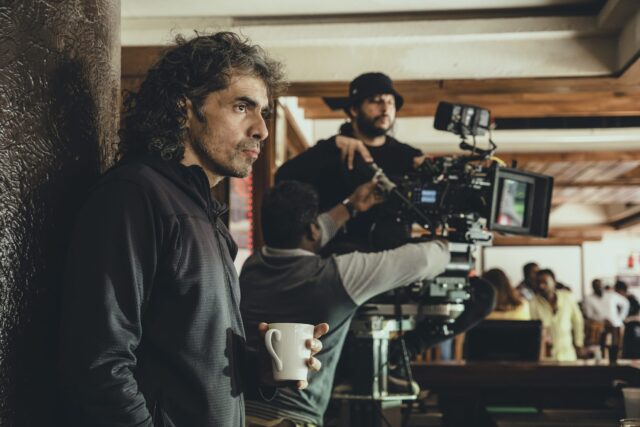Make Money Online
Imtiaz Ali’s cinematic oeuvre exists somewhere between the head and the heart, beyond the notions of right and wrong, desperate to make sense of the chaos, the confusion, and the profound sadness that underlines the human condition.
All his characters are in a state of flux, trying to understand who they are, what they want, and in some cases, finding a purpose that justifies their time and effort. Through nine feature films over the last 20 years, Imtiaz Ali has told the same story repeatedly—that of self-exploration, using external, physical travel as a means to journey inward and discover personal truths and untapped potential.
His debut film Socha Na Tha (2005) tells the story of a young man who meets a girl for marriage through his family but turns her down for his girlfriend, only to realise that he loves her instead. The film begins with their families wanting them to marry, but the confusion that follows leads the couple to elope by the end.
The premise of Jab We Met (2007), his second film that put him and its central actors on the map, follows a rich man disillusioned in love. He meets a stranger on a train, and their chance encounter changes his life forever. Rockstar (2011) tells the tale of a college student faking heartbreak, believing it’s the key to musical stardom. He becomes a star but pays a steep price he hadn’t anticipated.
Next came Highway (2014), a road film about a bride-to-be who gets kidnapped and finds freedom and love where she least expects it. Tamasha (2015) explores the story of a man torn between who he is and who he’s expected to be. Ali’s most recent film, Amar Singh Chamkila, captures the rise and fall of Punjab’s iconic folk performer.
These films have shaped cultural conversations and left a lasting imprint on the millennial zeitgeist. While the characters and settings vary, their journey remains the same. So does their path to redemption, catharsis, and self-actualisation. No matter the issue, Ali’s prescription is always travel. In films like Socha Na Tha, Jab We Met, Highway, Tamasha, and Jab Harry Met Sejal, this travel is literal. The characters serendipitously find themselves spending time together in scenic locations, and in the process, they discover pieces of themselves.
But it isn’t just surface-level travel that makes his films a coming-of-age masterclass. If there’s any director in Hindi cinema who has used the stunning beauty of nature to explore the intricacies of the human heart and mind, it’s Imtiaz Ali. Take Love Aaj Kal (2009) for example. In the Saif Ali Khan-Deepika Padukone starrer, Ali takes us not to a place but through time, beautifully reflecting on what has changed and what has remained the same.
Also Read: Nadaaniyan movie review: All style, no substance
Amar Singh Chamkila is another great example. The wealth and popularity of Chamkila and Amarjot allow them to travel across class boundaries and access places and countries previously beyond their reach. Much to the dismay of their families, they become able to connect with people from all walks of life through their unique ability to entertain.
Geographical travel is Ali’s tool for a deeper journey within. The stunning beauty of snow-covered mountains, flowing rivers, charming European streets, and vibrant fields of sugarcane make it easier to explore complex themes like heartbreak, death, childhood trauma, sexual abuse, dissociative identity disorder, and Stockholm syndrome. Nature may not provide all the answers to life’s questions, but it gives space to pause and reflect. The same is true for music. Ali skillfully uses the power of both to heal and to create experiences that resonate deeply, making every journey with him one worth revisiting.









